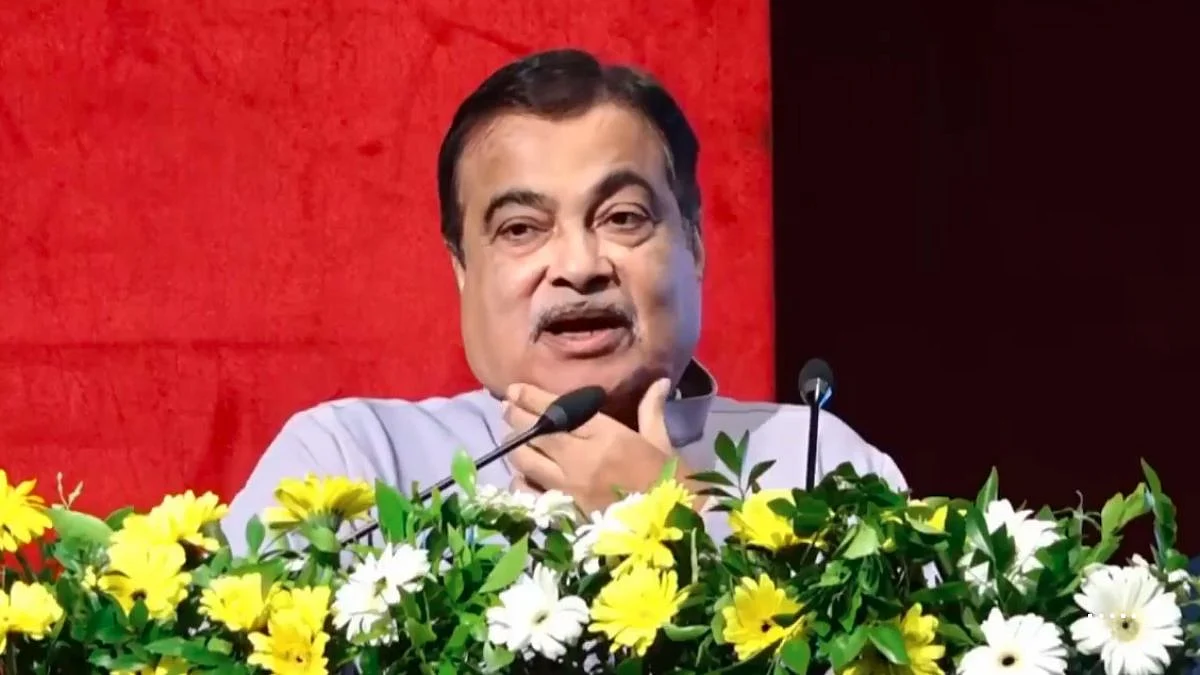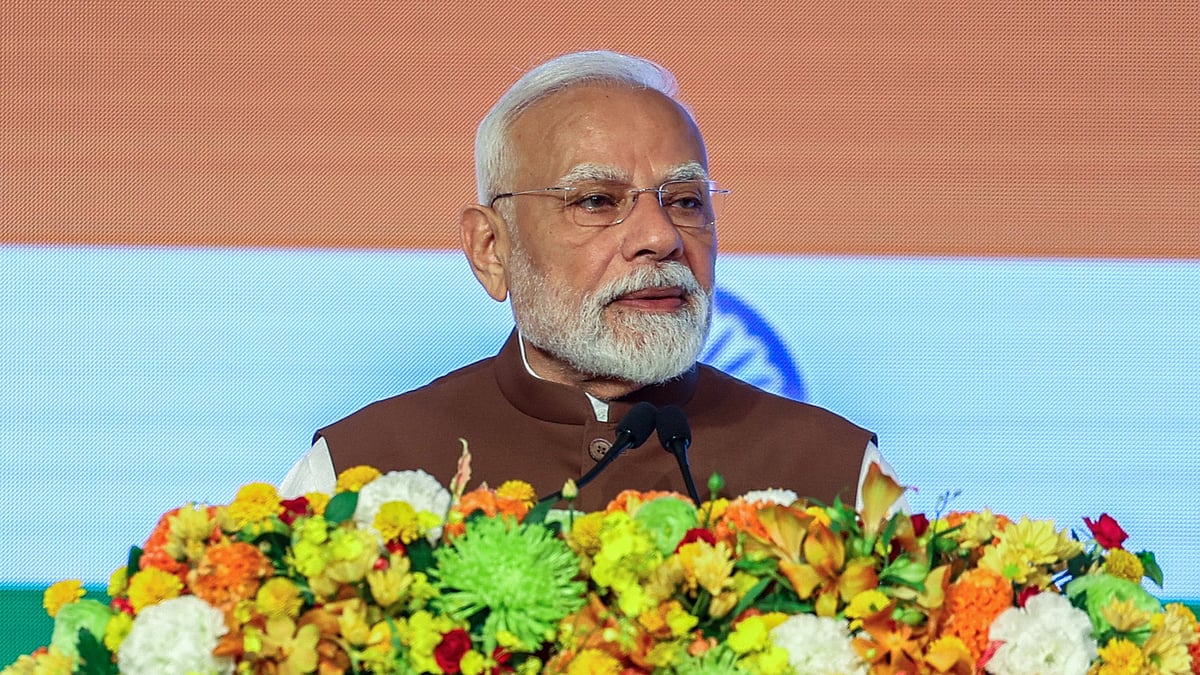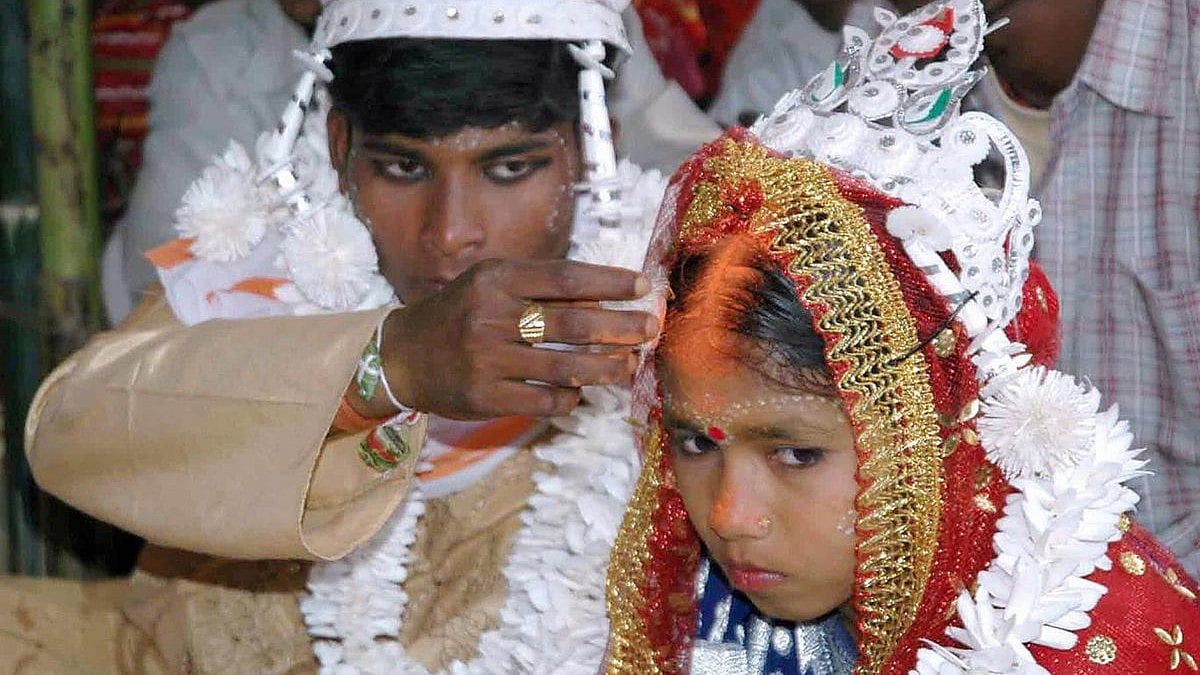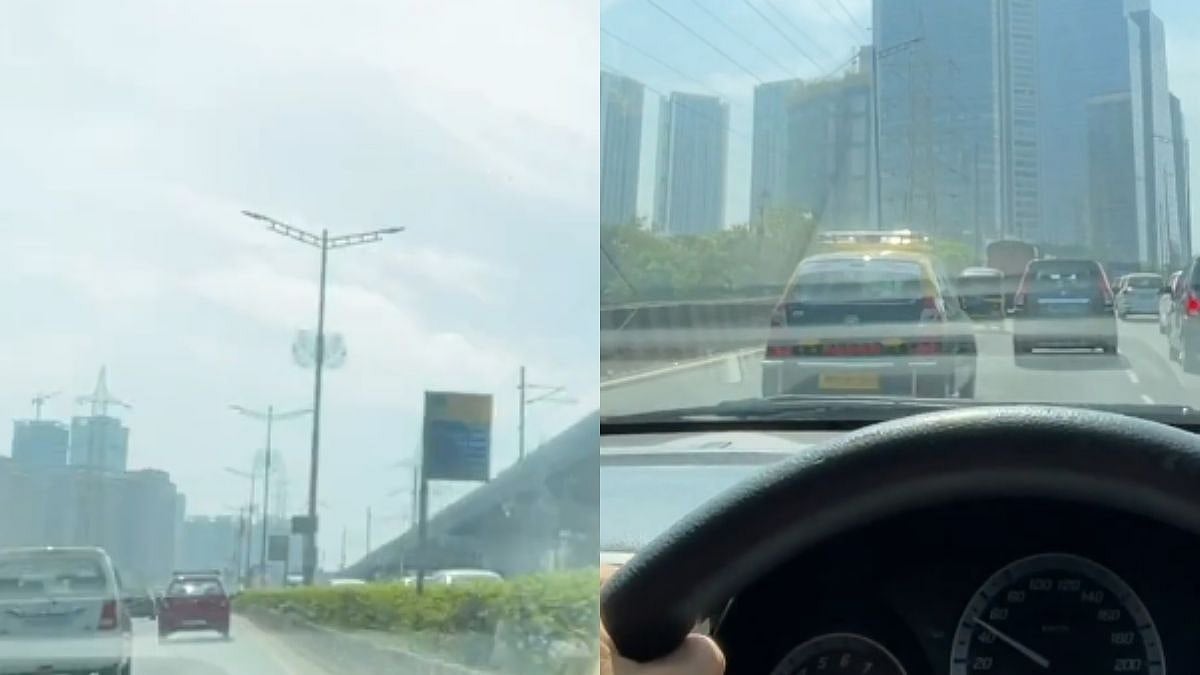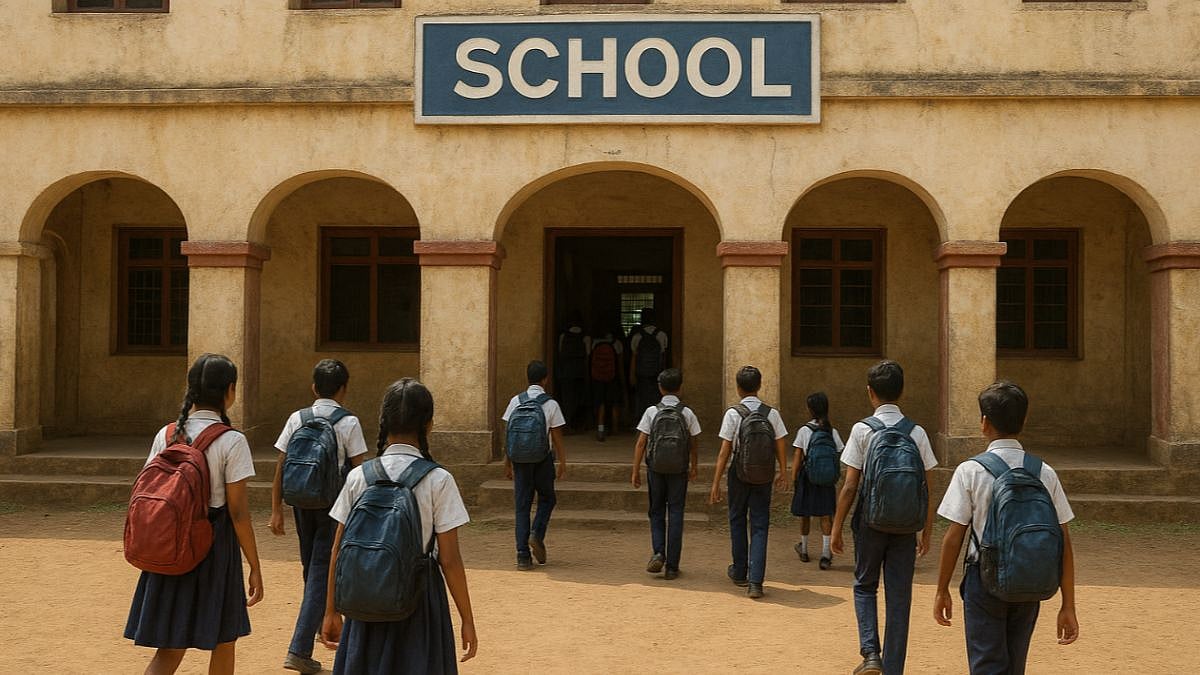Even as the Central government assured the Bombay High Court that amended Information Technology (IT) Rules against fake content on social media against government were not to curb free speech, opinions or criticism but were against fake and false facts, the HC remarked that the Rules without guidelines and guardrails give unfettered power to a government authority.
A division bench of Justices Gautam Patel and Neela Gokhale remarked that the Rules amount to “funnelling of power” to determine what is true to a government authority and asked how can it be said that the “government’s truth” was the “final truth”. It also questioned who will fact check the fact checking unit.
The HC is hearing a batch of petitions challenging the amended IT rules, including a provision for an FCU to flag fake or false or misleading online content related to the business of the government. The petitions filed by stand-up comedian Kunal Kamra, the Editors Guild of India and the Association of Indian Magazines have sought directions against the framing of the rules calling them “arbitrary, unconstitutional”.
During the hearing on Tuesday, the HC asked Solicitor General Tushar Mehta, appearing for the Union of India, what necessitated the amended and for a Fact Checking Unit (FCU) when the Press Information Bureau (PIB) of the government was already doing its own fact checking on social media platforms.
“I think this amendment wants to do something more,” Justice Patel said.
Mehta explained that the PIB was “teethless” and said he would argue further on this point on Wednesday.
“Govt learns from criticism”
He emphasised that the object behind the Rules was not to curb free speech, opinion, criticism or satire against the government or the Prime Minister himself but to create a balancing mechanism to tackle with a medium that was uncontrollable and uncontrolled.
“The government is not trying to proscribe and prohibit any expression of opinion, criticism, or comparative analysis…in fact we welcome them, encourage them and learn from them,” Mehta said.
Any humour or satire whether it was in the liking of the government or political party has nothing to do with the Rules as far as they do not cross the line of what is considered as obscene or vulgar in the Indian parlance, he said. “The government is not going after free speech, opinions, humour, or satire. That is not in the realm of the IT Rules. The Rules only put in place a system. A balancing mechanism is provided,” Mehta stressed.
However, the judges said that the Rules are “over broad” and without any guidelines.
“The government is the sole arbiter without any checks and balances on what is the truth. Basically, who will fact check the fact checker? We will have to trust the Fact Checking Unit (to be set up under the Rules) as the final arbiter,” Justice Patel said.
Mehta emphasised that the FCU would be only checking fake and false facts and not opinion or criticism.
How can it be said that govt’s truth was the final truth, asks Court
To this, the court asked how can it be said that the government’s truth was the final truth. Also, the term government business as said in the Rules was largely undefined.
However, Mehta said that the business of government was a well demarcated term. “What the executive does is the business of government, What the Prime Minister says or does is not the business of government…he can be criticised,” Mehta added.
The bench expressed that there must be some guidelines in place for the Rules. “Without guidelines and guardrails this is an unfettered power. The funnelling of power to determine what is true to a government authority…” Justice Patel underscored.
The court pointed out that while the government was saying that the Rules apply only to fake and false facts, the Rules on the face of it says information and not facts. “The Rules says any information that would include data, text, image or sound that is fake, false and misleading. The definition of information is not limited to facts. It is expansive to include opinions and criticism. The Rules do not say facts. Data or information can be everything…data is opinion…data is parody also. Therefore, it is not limited to facts,” justice Patel underlined.
Mehta said India and the whole world was grappling with a problem of a medium that was “uncontrolled and uncontrollable” where false, fake and misleading facts are peddled around at the click of a button.
The bench will continue hearing the matter on Wednesday.


